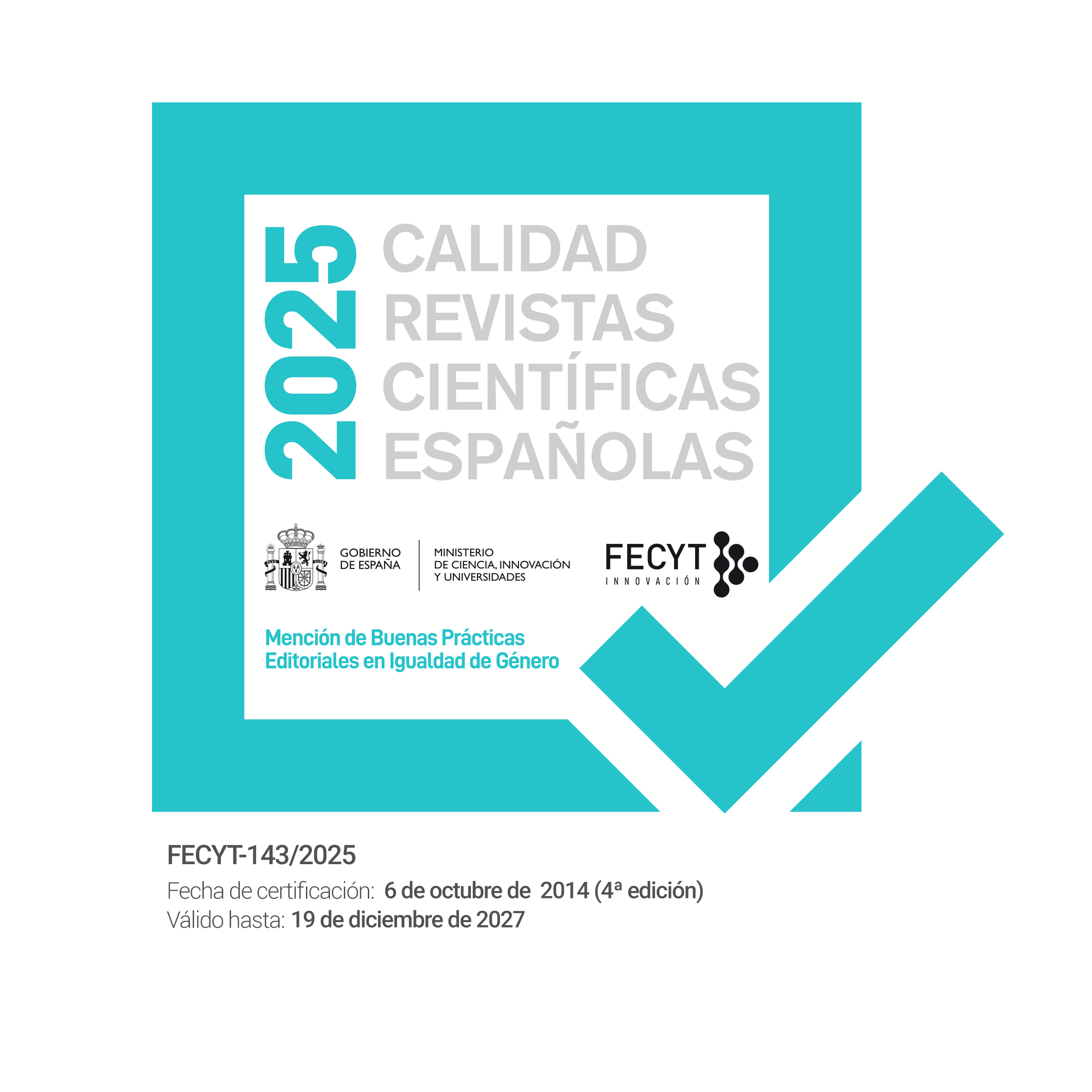FAMILY BILINGUALISM AND HOME LITERACY ENVIRONMENT IN THE CONTEXT OF CYPRUS MIGRANTS
Keywords:
home literacy environment, home literacy practices and strategies, early child literacyAbstract
The home literacy environment (HLE) involves various oral and written interactions amongst children and parents in a family (Aram & Levin, 2002; Leseman & de Jong, 1998). HLE affects reading and writing development via formal and informal literacy activities (Sénéchal & LeFevre, 2002). Through direct and indirect conditions, HLE may provide opportunities and experiences to children (Burgess, 2011; Burgess et al., 2002). This study examined the HLE of Russian-speaking families in Cyprus and its effects on heritage language (HL) use, maintenance and transmission as well as language and literacy development in minority and majority languages. Eighty families residing in Cyprus participated in the study: 40 mixed-marriage and 40 Russian speaking immigrant families, and data was collected through mixed methods. In other words, data collection instruments included written questionnaires, oral semi-structured interviews and observation, which focused on parental demographics, education, literacy habits and activities, writing and reading beliefs regarding minority and majority languages (Burgess et al., 2002). Results indicated that Russianspeaking parents in this immigrant context realise the importance of (early) child literacy experiences at home and try to enhance these experiences, both in Russian and the majority language(s), via (in)direct teaching and code/meaning-focused shared activities. Different factors affecting the HLE of Russian-speaking immigrants in Cyprus include family type, socio economic status (SES) level of parents’ education, personal trajectories and experience, linguisticm and cultural identities, plans for residency, and their children’s education and career.
Downloads
Published
How to Cite
Issue
Section
License

This work is licensed under a Creative Commons Attribution-NonCommercial-NoDerivatives 4.0 International License.
El Grupo de Investigación “La lengua inglesa en el ámbito universitario” HUM-397 conserva los derechos de copyright de los artículos publicados y permite la reutilización de los mismos bajo licencia Creative Commons: Creative Commons Atribución-NoComercial-SinDerivar 4.0 Internacional: se pueden copiar, usar, difundir, transmitir y exponer públicamente los artículos mencionados, siempre que (a) se cite la autoría y la fuente original de su publicación, (b) no se usen para fines comerciales, (c) no se creen obras derivadas mediante su transformación, (d) se mencione la existencia y especificaciones de esta licencia de uso.








